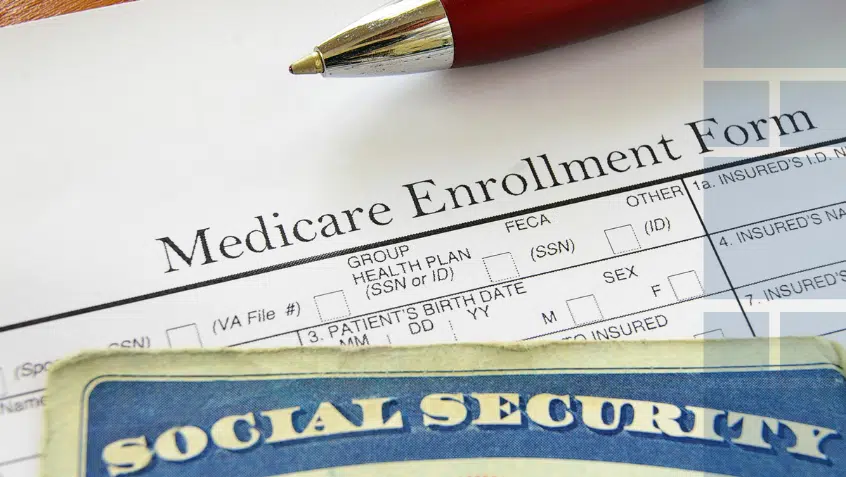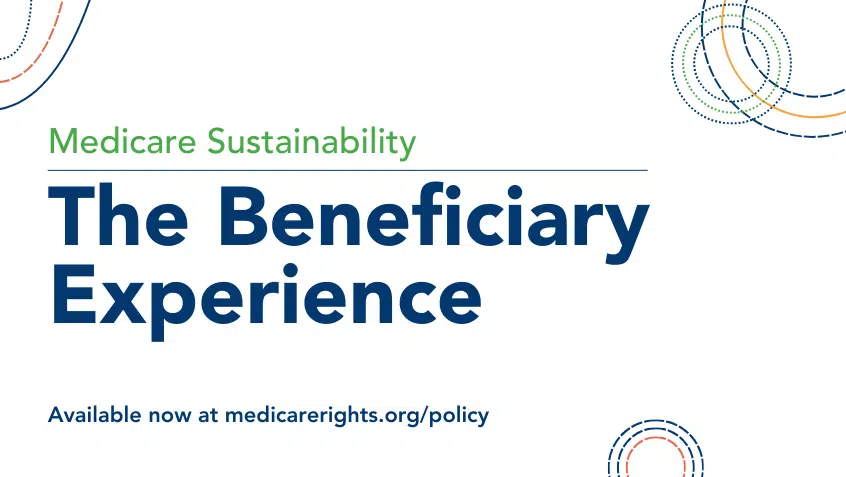Join Us Live for a Discussion on Medicare, Democracy, and the Future of Health Care
New Legislation Looks to Address High and Rising Drug Prices

This week, the Senate Finance Committee unveiled long-awaited drug pricing legislation, the Prescription Drug Pricing Reduction Act (PDPRA) of 2019. The bill outlines a number of changes to address the problem of high and rising drug prices within the Medicare program, including a redesign of the Part D benefit and the imposition of inflationary rebates.
The new Part D structure would cap beneficiary out-of-pocket spending at $3,100 and shift reinsurance liabilities in the catastrophic phase to plans and manufacturers. Beneficiary spending in the catastrophic phase would be eliminated.
The inflationary rebates would apply to certain drugs in Medicare Parts B and D. Under the policy, manufacturers would be required to provide a rebate to Medicare if the prices of their products increased faster than inflation.
According to the Congressional Budget Office, these two changes would save Medicare $85 billion over 10 years and reduce beneficiary out-of-pocket costs by $27 billion and premiums by $5 billion over the same time period. The legislation also includes reforms to Medicaid drug pricing policy that are projected to save taxpayers $15 billion over the next decade.
The committee approved its draft in a hearing on Thursday, and more changes are expected before the bill is considered by the full Senate. The House is working on a parallel track and is expected to release its drug pricing legislation in September.
Medicare Rights appreciates the Senate Finance Committee’s bipartisan leadership, and we welcome the bill’s provisions that would improve beneficiary access to affordable prescription drugs. In particular, and as outlined in a recent letter to the committee, we support efforts to cap out-of-pocket costs for beneficiaries and to require meaningful, proportional liability for drug manufacturers and plans throughout the Part D benefit, as well as policies to increase drug pricing transparency and to make the Limited Income Newly Eligible Transition (LI NET) Program permanent.
While the package addresses many of Medicare Rights’ priorities, it does not include the Streamlining Part D Appeals Process Act’s (S. 1861/H.R. 3924) critical updates to the Medicare Part D appeals process. This bipartisan, bicameral bill would bring much-needed efficiencies to the program by allowing a refusal at the pharmacy counter to function as the plan’s initial coverage determination. This change would significantly simplify the current system, making it less burdensome for all involved. We thank Senators Ben Cardin (D-MD) and John Cornyn (R-TX) for their leadership of the Senate bill, and Congressmen Tom Suozzi (D-NY) and Tom Reed (R-NY) for introducing a House companion this week.
Looking ahead, we will continue to advocate for the inclusion of these and other reforms—such as vital improvements to Medicare’s low-income programs—in any prescription drug legislation. Such solutions must be incorporated in order to meaningfully respond to the access and affordability challenges facing many people with Medicare.
Read Medicare Rights’ fact sheet on S.1861 and H.R. 3924.
For more on why the bill is needed and who it would help, see Medicare Rights’ Case Study.
Show Comments
We welcome thoughtful, respectful discussion on our website. To maintain a safe and constructive environment, comments that include profanity or violent, threatening language will be hidden. We may ban commentors who repeatedly cross these guidelines.
Help Us Protect & Strengthen Medicare.
Donate today and make a lasting impact.
The Latest
Most Read
Add Medicare to Your Inbox
Sign up to receive Medicare news, policy developments, and other useful updates from the Medicare Rights.
View this profile on InstagramMedicare Rights Center (@medicarerights) • Instagram photos and videos









